Best-In-Class Medical Dermatology Expertise in Atlanta
MetroDerm specializes in the diagnosis and treatment of a broad range of skin conditions, diseases, and cancers.
Maintaining healthy skin is essential for a healthy life. As you age or encounter skin-related illnesses that may endanger the rest of your body, your physical health, overall well-being, and self-confidence can all be affected. At MetroDerm, we value your skin as much as you do. Our team consists of Fellowship-Trained Mohs Surgeons, Fellowship-Trained Plastic Surgeons, Board-Certified Dermatologists, Certified Physician Assistants, and Licensed Medical Aestheticians with extensive experience in the Dermatology field.
Our Medical Providers are highly skilled at diagnosing and treating various skin conditions, diseases, and cancers. Our compassionate staff understands the concerns of skin-related ailments and the confidence that comes with healthy skin. As part of our commitment to your well-being, we ask pertinent questions and listen attentively to your responses. We understand the importance of precise and timely diagnoses in achieving effective treatment, which is why we devote ample time to comprehensively review your medical history. Furthermore, we acknowledge that skin conditions can cause apprehension or distress, and hence, we make sure that you have a thorough understanding of all the treatment options that we recommend.
Experience our personalized, concierge level of full-service dermatological care, and discover why we are highly regarded in the metropolitan Atlanta area for helping to restore not only your skin but your spirit as well.
Our skilled Dermatology Providers diagnose and treat a broad range of Medical Dermatology conditions.
Learn more about the full range of medical conditions that we treat:

Acne:
One of the most common skin conditions reported in the U.S., acne impacts people of all ages, genders, ethnicities, and skin tones. There are various acne treatments and skin care products available. The Dermatologists at MetroDerm Atlanta use the most advanced technology to help you customize a solution for your acne. Read more about acne and acne treatments here.
Learn More
Actinic Keratosis:
Actinic keratosis (AK) is considered the earliest stage in the development of skin cancer, many times due to years of sun exposure. AK lesions can have a variety of appearances, but typically they’re scaly, feel like sandpaper, and range in color from skin-toned to reddish-brown. AKs commonly appear above the neckline, making them difficult to conceal, and can sometimes be painful. Actinic Keratosis is considered a precancerous condition, so if you see a suspicious area of skin, get it checked by a Dermatologist. Learn more about AKs and AK treatments here.
Learn More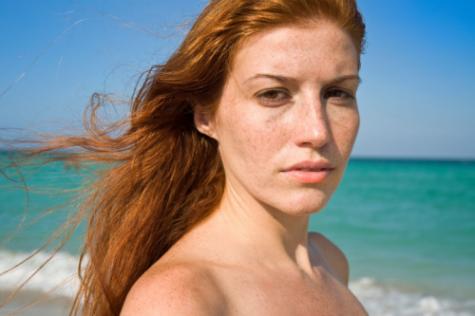
Age Spots:
The medical term for age spots is solar lentigines, but you may also know them as sunspots or liver spots. They’re small, flat, round spots on the skin that begin to appear later in life on sun-exposed areas. The spots aren’t painful, but they’re often associated with aging. Learn more about age spots here.
Learn More
Aging Skin:
Collagen and elastin are proteins that make skin look youthful and tight. As we age, the production of these proteins decreases dramatically. This natural process, combined with a loss of fat, causes skin to thin out, wrinkle, and sag. We have solutions for wherever you are on your skin journey, from prevention to reversal. Learn more about aging skin here.
Learn More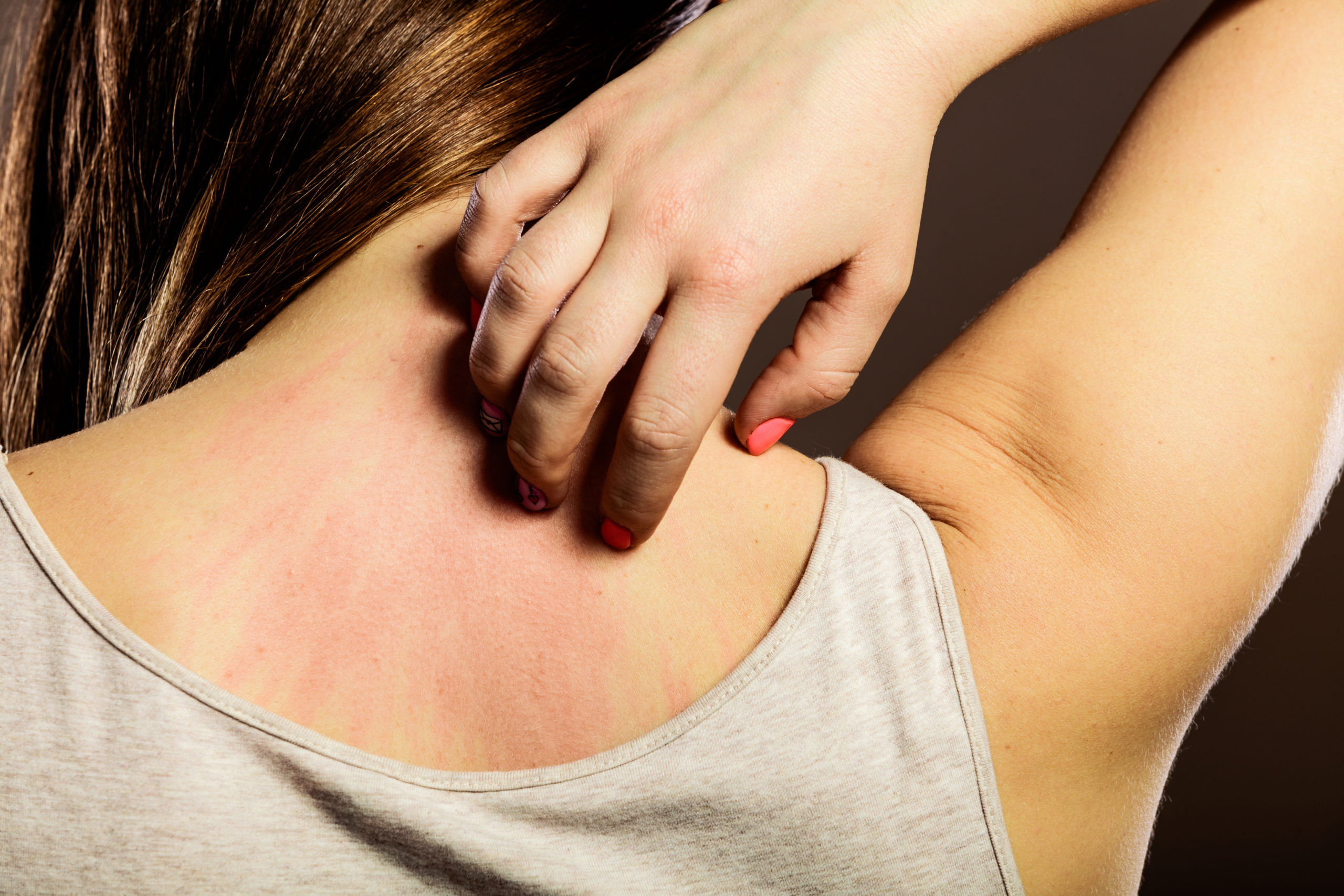
Allergic Skin Reactions:
Allergic skin reactions can appear as red, bumpy, and/or itchy skin, and can be irritating, painful and even embarrassing. These types of rashes are most often caused by exposure to allergens or irritants like fragrances, preservatives, poison ivy, various medications, or food, although they can also be brought on by illness. Learn more about allergic skin reactions here.
Learn More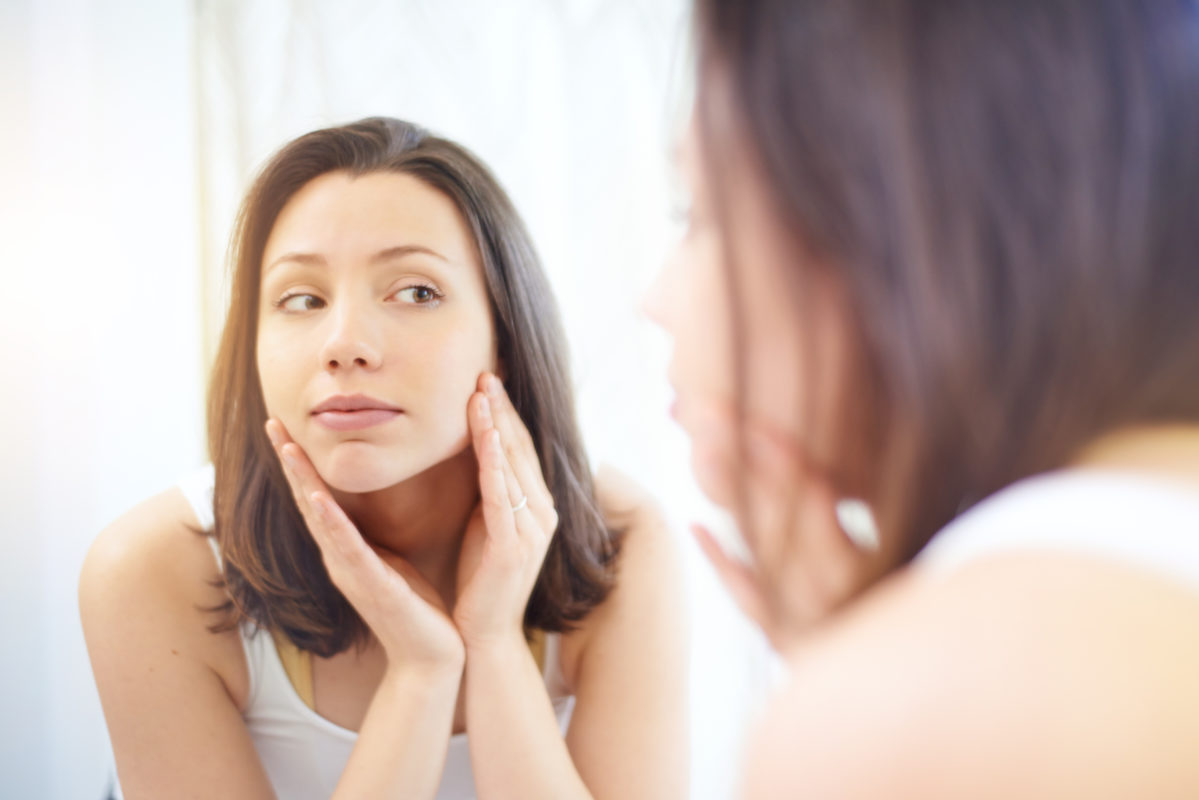
Angiomas:
Angiomas are benign growths made up of small blood vessels and can appear anywhere on the body. The three most common types are spider angiomas, angiokeratomas, and cherry angiomas, and while they aren’t usually harmful, they can be unsightly. Learn more about angiomas and how to remove them here.
Learn More
Athlete’s Foot:
This is a common skin infection of the feet. It’s caused by fungus and typically appears as cracked, flaking, peeling skin between the toes, redness, and itching. Learn more about Athlete’s foot treatment here.
Learn More
Dry Skin:
The causes of dry skin are myriad, and the treatment depends on the diagnosis. Many times a simple change in routine or products can bring relief, but it can also be more complicated. When the skin dries out, shriveled cells are left, and they can become itchy, inflamed, and flaky. If left untreated, the skin can even crack and bleed. Find out more about dry skin here.
Learn More
Eczema:
Eczema (also known as dermatitis) is a word we use to describe several types of inflamed, irritated skin. It’s a condition that can flare up and go away over time. It starts as an itch, develops usually into a red rash that may be blistered, swollen, itchy, and painful. While eczema isn’t life-threatening, it is a chronic problem for infants, children, and adults. Learn more about eczema here.
Learn More
Hair Loss:
Hair loss (also known as alopecia) can affect just your scalp or your entire body, and it can be temporary or permanent. There are various reasons for hair loss – it can be the result of heredity, hormonal changes, medical conditions, or a normal part of aging. Anyone can lose hair on their head, but it’s more common in men. Learn more about hair loss here.
Learn More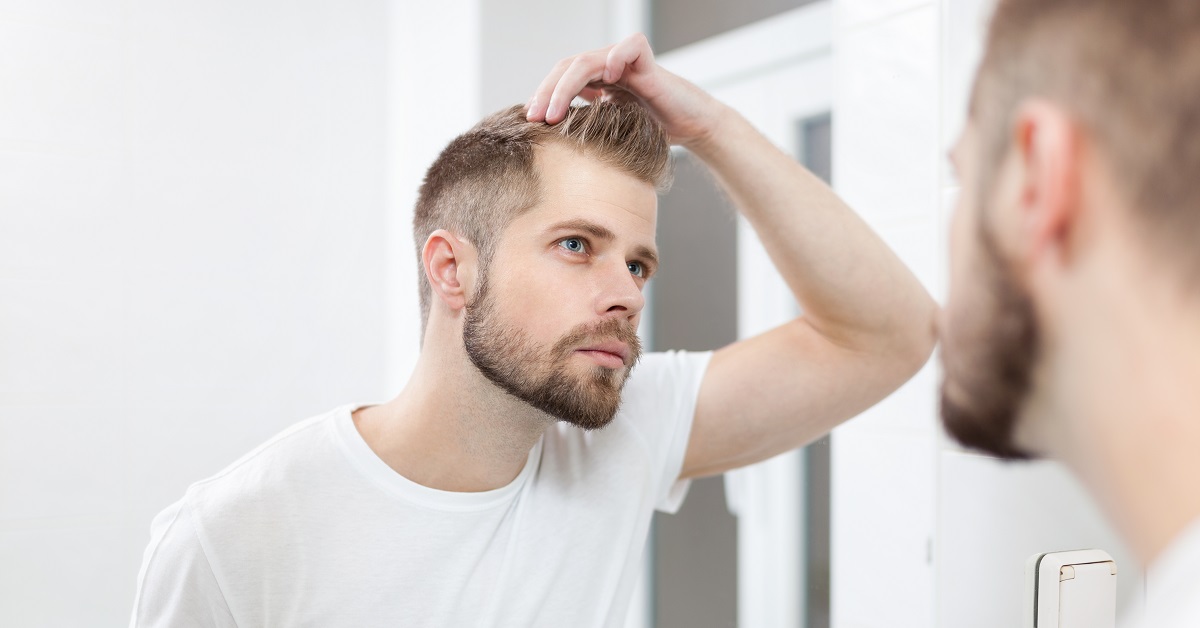
Hair Transplant:
Hair transplantation is the only permanent long-term solution for baldness. Anyone who has experienced permanent hair loss may be a candidate for hair restoration surgery including men and women with pattern baldness.
Learn More
Hives:
Hives or urticaria is a skin reaction that causes bumps, raised patches (welts) or both to suddenly appear on the skin. These reactions are often itchy and can cause a painful swelling of the throat, lips, or eyelids. Although hives are not necessarily a medical emergency, they can cause a severe allergic reaction, especially in a child, requiring emergency medical care. Learn about hives and what to watch out for here.
Learn More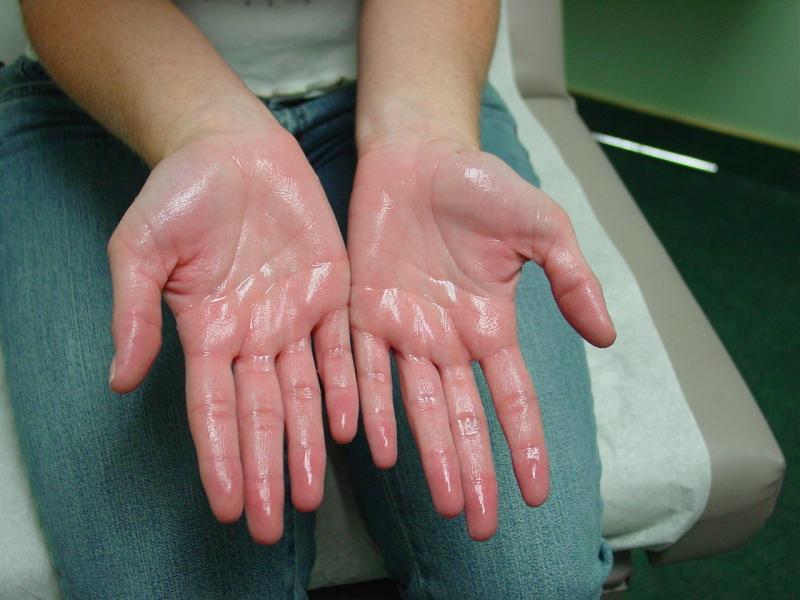
Hyperhidrosis:
Hyperhidrosis is the scientific term for abnormally excessive sweating that’s not necessarily related to being overheated or exercising. The sweat typically originates from the armpits or palms, and it may cause sufferers to sweat so much that it soaks through clothes or drips off their hands or arms. Learn more about hyperhidrosis, and how to treat it, here.
Learn More
Keratosis Pilaris:
Keratosis pilaris (KP) is bumpy, dry skin that forms when hair follicles get clogged by dry skin cells. It can happen to people of all ages and in various places of the body, but it’s particularly common on the upper arms of teenagers and adults, as well as the cheeks of infants. Learn more about KP and KP treatments here.
Learn More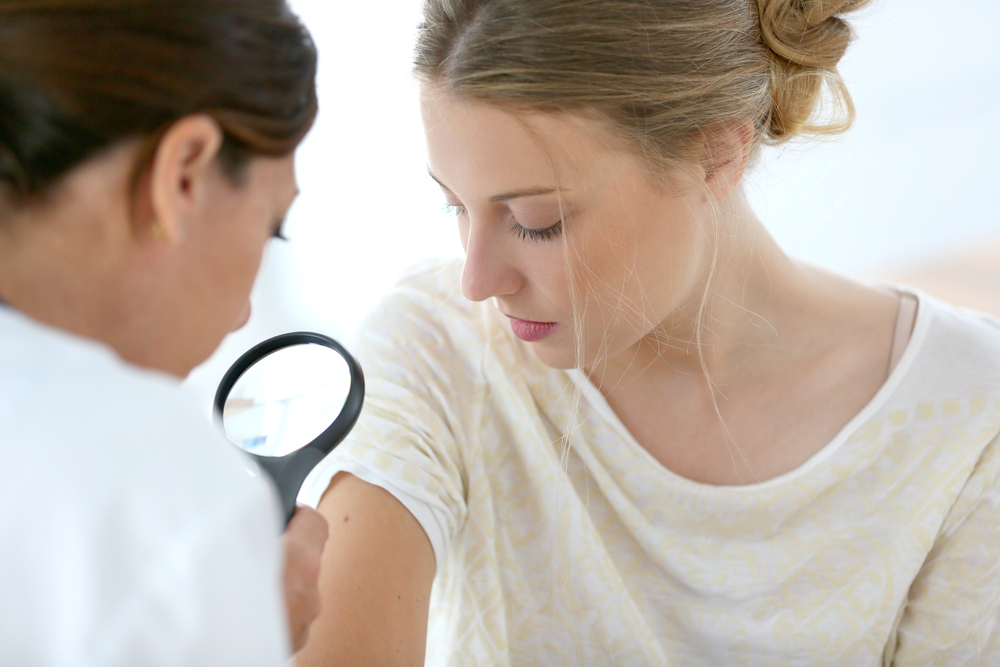
Melanoma:
Melanomas occur in the pigment-producing cells that give color to the skin. And while it isn’t the most common form of skin cancer, it is considered the most dangerous. We understand that a melanoma diagnosis can be a scary time and that you’ll have many questions throughout the process of diagnosis and treatment. Learn more about melanoma and melanoma treatment options here.
Learn More
Melasma:
Melasma is a skin condition characterized by brown or blue-gray patches or freckle-like spots. It’s often called the “mask of pregnancy” because women may get it as a temporary condition during pregnancy. Melasma happens because of an overproduction of the cells that make the color of your skin (melanocytes). Find out more about melasma here.
Learn More
Moles:
Moles are formed when skin cells that produce pigment, melanocytes, group together. It is perfectly normal to have several moles. There are, however, atypical moles which should be a cause for concern. It’s important to have your moles checked annually by your MetroDerm Dermatologist. Even though these types of lesions are painless, they should be examined immediately if they change in size or color. Find out how to recognize atypical moles here.
Learn More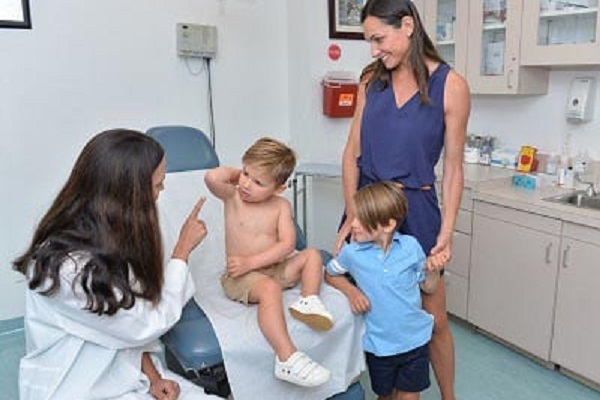
Pediatric Dermatology:
It takes a special pediatric dermatology physician to diagnose and treat children with dermatological problems. When children are too young to tell you whether something hurts, burns, or itches, it can be frustrating. We’re here to help.
Learn More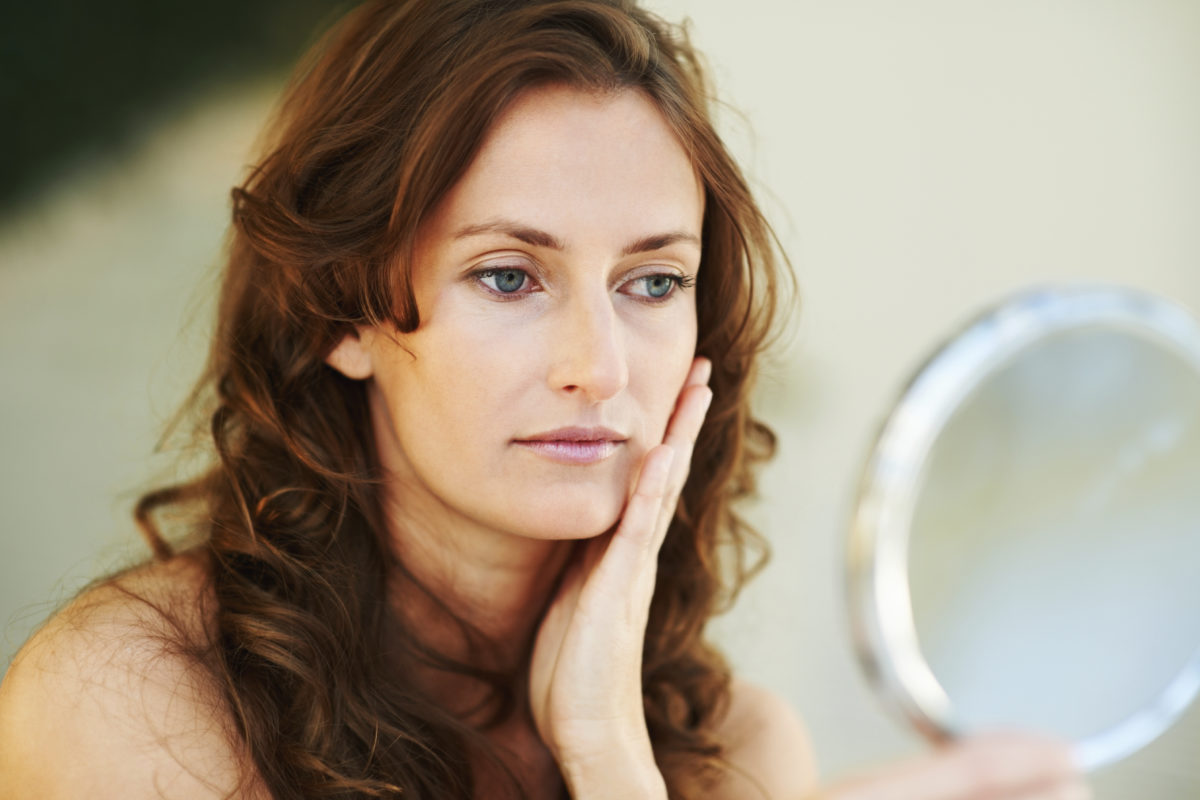
Pigmentation Disorders:
Vitiligo, melasma, and other conditions that cause skin discolorations result from the overproduction or underproduction of melanin, the pigment that gives skin its natural color. Learn more about why and how your skin can become discolored and how to treat it here.
Learn More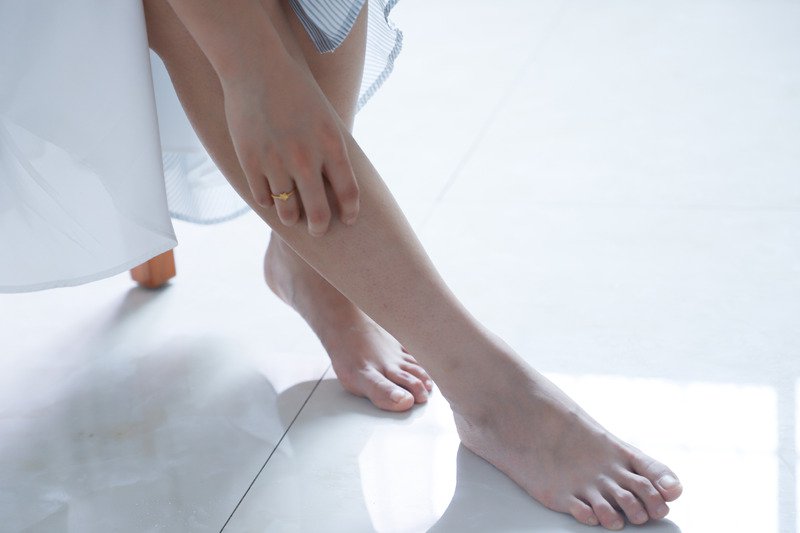
Psoriasis:
If you have psoriasis, it means that your skin cells reproduce much faster than normal. This overproduction causes red, scaly patches on the limbs, scalp, and other parts of the body, and can be long-lasting. There’s no cure for psoriasis, but there are ways to manage it. Learn more about treatment options here.
Learn More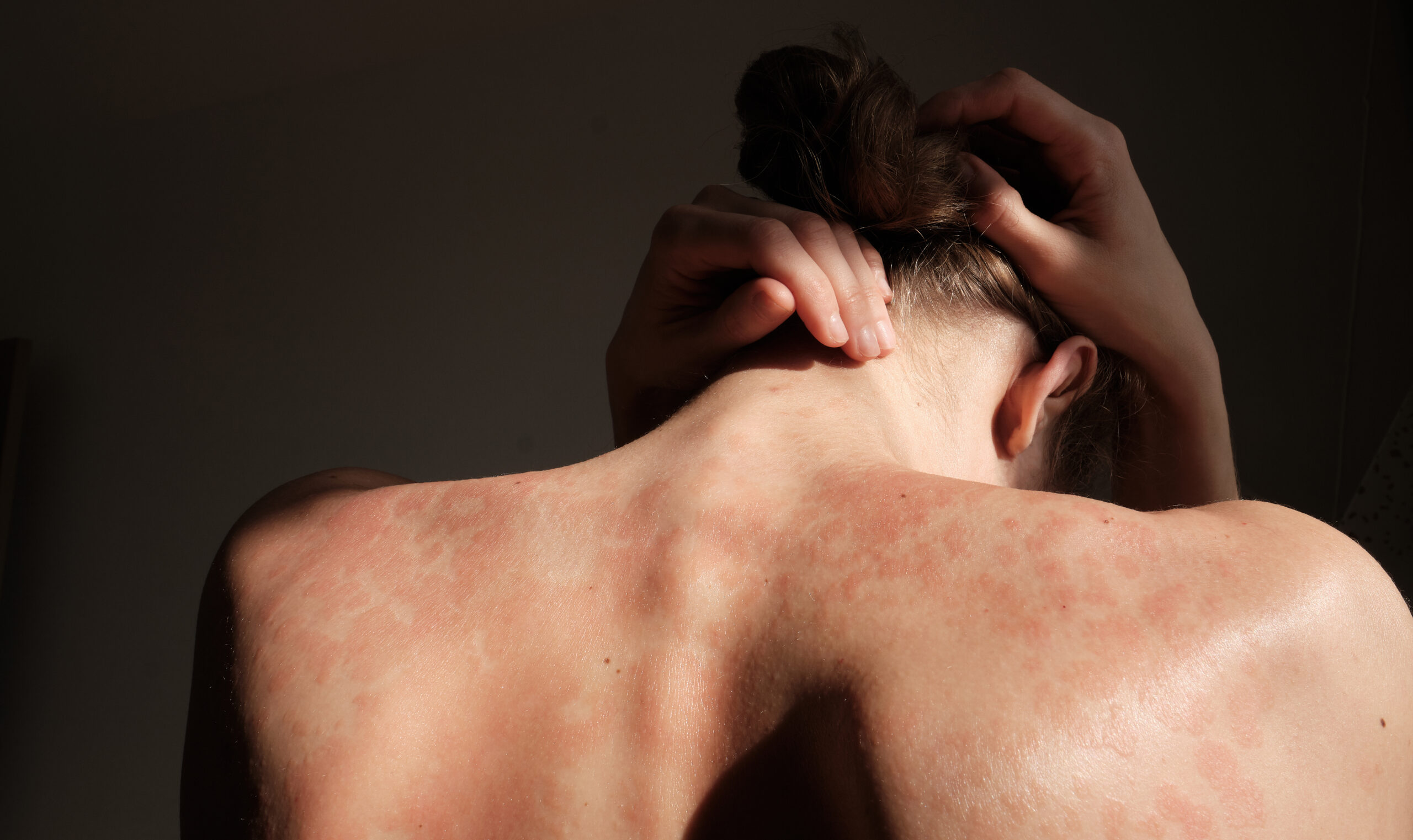
Rashes & Itching:
A rash is a region of inflamed skin, typically characterized by itching and redness. Depending on the type of outbreak, it may also exhibit pimples, blisters, scales, bumps, cracking, swelling, and chapping.
Learn More
Ringworm:
Despite its name, ringworm has nothing to do with worms. Rather, it is a fungal infection that may appear on the skin, nails, hands, feet, or scalp. You can get it from direct skin-to-skin contact with infected people or pets. Find out more about ringworm, how to avoid it, and how to treat it here.
Learn More
Rosacea:
Rosacea is a common skin disease that often begins with a tendency to blush or flush more easily than other people. The redness can spread beyond the nose and cheeks to the forehead and chin, and to other parts of the body. Different symptoms can develop depending on the type of rosacea. Find out more about rosacea here.
Learn More
Sclerotherapy:
Sclerotherapy is a form of treatment where a doctor injects medicine into blood vessels or lymph vessels that causes them to shrink. It is commonly used to treat varicose veins or so-called spider veins. The procedure is non-surgical, requiring only an injection. Find out more about sclerotherapy here.
Learn More
Seborrheic Dermatitis:
This is a very common, scaling rash that tends to occur in areas where the skin is oily. Typical impact areas include the scalp (dandruff), eyebrows, eyelids (blepharitis), ears, nasal folds, armpits, and groin. When it appears in infancy, it’s referred to as “cradle cap.” Read more about Seborrheic Dermatitis and treatment options here.
Learn More
Seborrheic Keratosis:
Seborrheic Keratosis or SKs are dark skin growths that appear in adulthood, and although they can be large and fast-growing, they are benign. Unlike moles, SKs are not related to sun damage, so you may find them in areas that are usually covered by clothing. Learn more about Seborrheic Keratosis here.
Learn More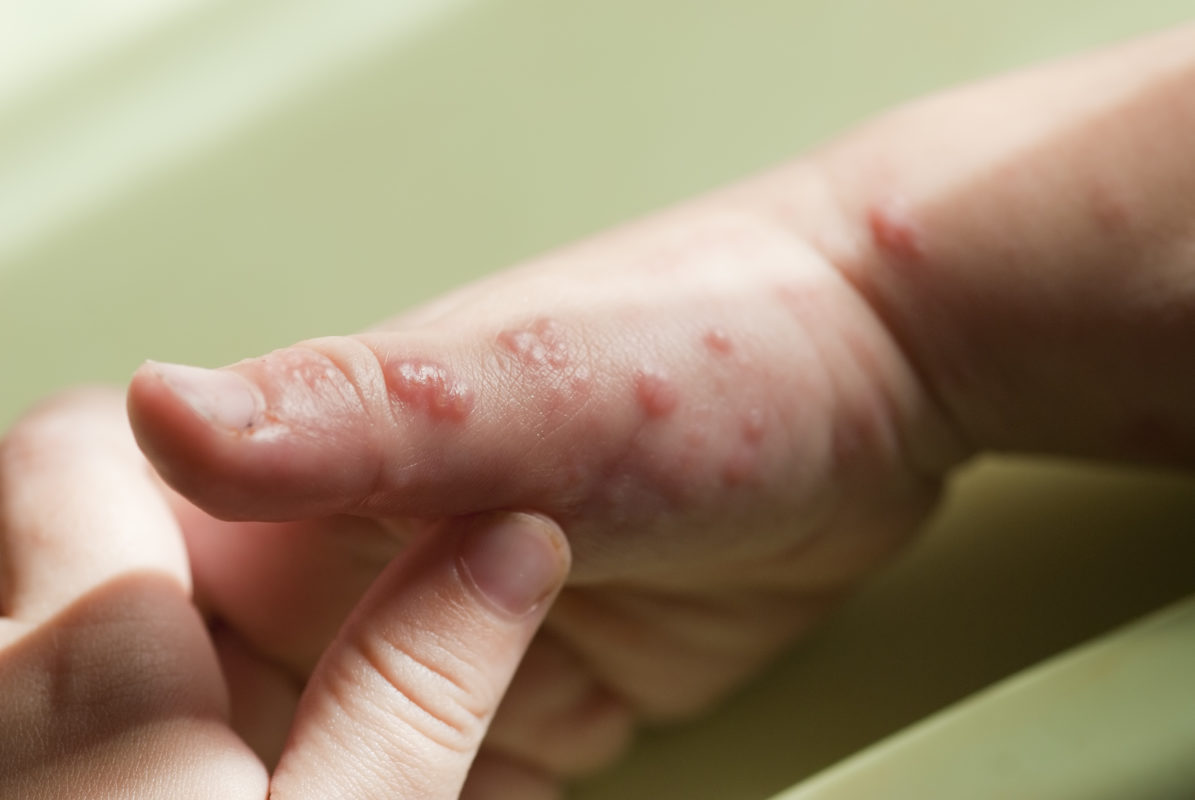
Shingles:
Herpes zoster, more commonly known as shingles, develops when the virus that causes chickenpox (varicella-zoster) reactivates after lying dormant within the nerve cells. Learn more about shingles here.
Learn More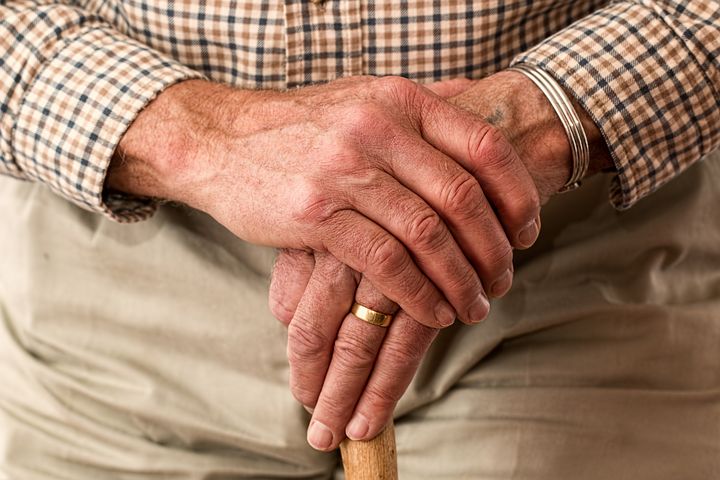
Skin Cancer:
Skin cancer is the most common type of cancer in the world. It is caused by the abnormal growth of previously healthy skin cells, normally from exposure to too much ultraviolet light, sun, and/or tanning beds. Most skin cancers develop on the visible outer layer of the skin, particularly in sun-exposed areas such as the face, head, hands, arms, and legs. Read more about skin cancer, detection, and treatment here.
Learn More
Warts:
Warts are growths on the skin caused by the human papillomavirus (HPV). They are very common, particularly in children, and can spread by direct contact to other parts of the body, or to other people. Learn more about warts and how to treat them here.
Learn MoreMetroDerm has locations in Alpharetta, Atlanta, Hiram, and Lilburn. Book your Medical Dermatology appointment today.

